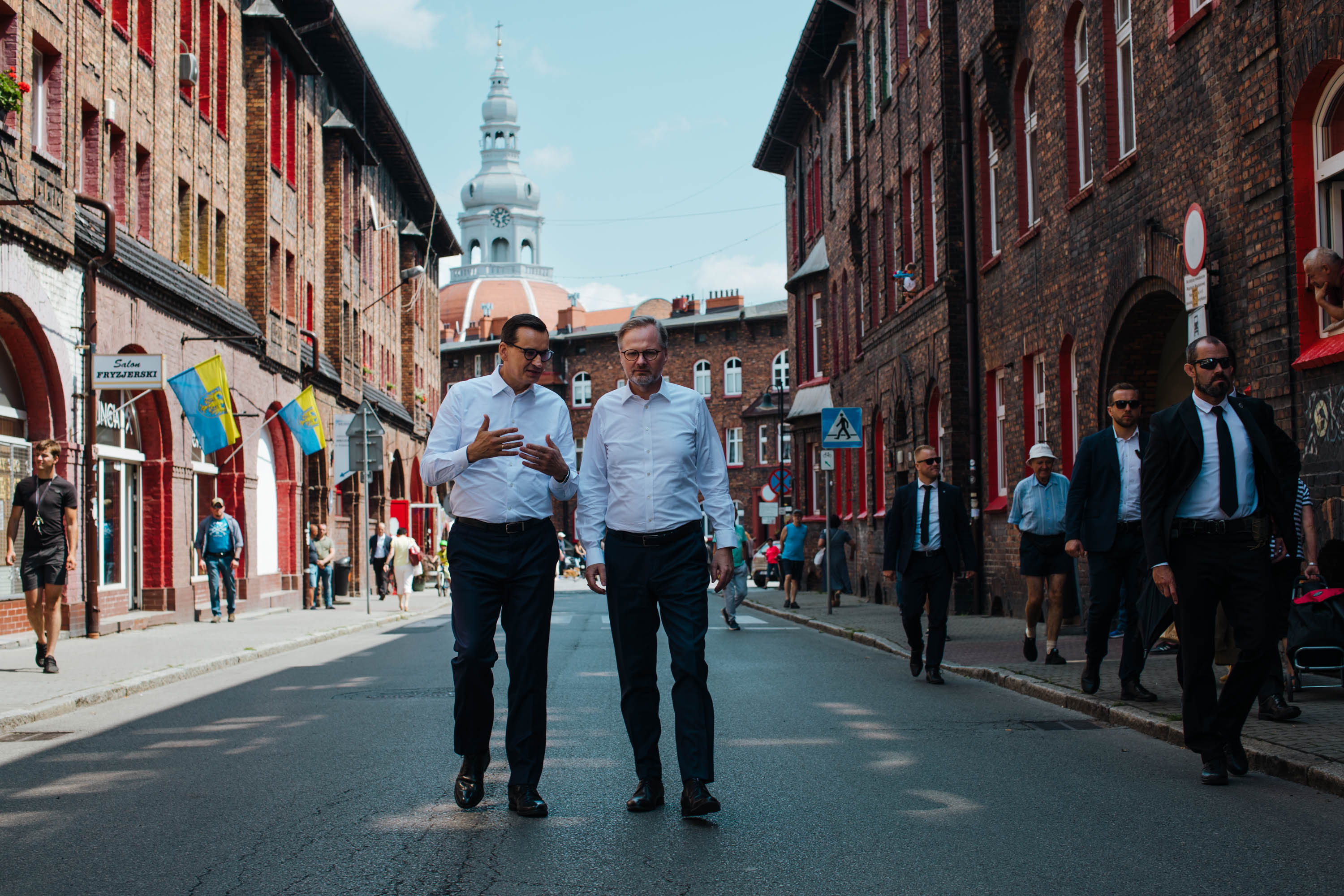Prime Minister Mateusz Morawiecki after Polish-Czech Consultations: We Are Increasingly United by Economy, Defence and a Shared Perspective on Europe and Its Future
20.07.2023
Prime Minister Mateusz Morawiecki met in Katowice with his Czech counterpart, Prime Minister Petr Fiala. The heads of governments presided over Polish-Czech intergovernmental consultations attended by ministers from both countries. The main topics of the talks were current bilateral affairs and regional and European issues. The politicians devoted particular attention to energy, infrastructural development and defence. They also discussed the border security of the European Union and its Member States. Prime Minister Mateusz Morawiecki stressed that the strength of Poland and the Czech Republic is the cohesion of our respective positions on geopolitics. Poland points out that the migrant relocation mechanisms proposed by the European Union are not a solution to the migration problem.

Poland and the Czech Republic Have a Similar Perspective on Europe and Its Future
Prime Minister Mateusz Morawiecki and Prime Minister Petr Fiala met as part of Polish-Czech intergovernmental consultations to discuss common issues in such areas as security, energy or infrastructure. Topics included bilateral, regional and European issues.
The politicians also discussed potential changes to the way the EU functions, which are currently being discussed in the EU forum. Together, we oppose solutions based on qualified majority voting. Poland believes that the unanimity rule encourages consensus when there are very significant differences of opinion on important issues.
“It is a safeguard that protects smaller countries from the domination of larger ones,” the head of the Polish government pointed out. “The European Union is a community of interests, not a collective endeavour to serve the interests of ‘the larger ones’ – of the largest and strongest countries. The EU is valuable as long as everyone has a chance to pursue their own interests,” he added.
Discussing financial issues and our positions towards the EU Multiannual Financial Framework was also an important issue. We will push for as much funding as possible for our region, for additional funds in connection with receiving war refugees from Ukraine, and for more flexibility with regard to defence and national security spending.
“Recent years have shown that the question ‘Shall we invest in defence or development?’ is a false dilemma. We find the money, we work out the resources, we cut the budget in a way that makes it possible to have a very high increase in expenditure on defence, on security, but also on the development and social policy,” said the Prime Minister.
Safety Is a Priority for Our Region
During the Polish-Czech intergovernmental consultations, politicians also discussed current issues and interests in Central and Eastern Europe – with security and infrastructure between our countries as central issues. The security of our part of Europe is ensured today, thanks to a strong Polish army and the commitment of NATO, as confirmed by the Alliance’s summit in Vilnius. However, we emphasise that security must also be reflected in the effective protection of our external borders.
“Legalising illegal migration cannot be the solution to the problem of illegal migration. This is, after all, self-evident, which is why we are jointly insisting on what the model should be based on. Our efforts must focus on protecting the external borders of the European Union together,” stressed Prime Minister Mateusz Morawiecki.
Our countries know what solidarity is. We also know that the problem of illegal migration must be tackled at source and not to the detriment of European countries.
The Prime Ministers of Poland and the Czech Republic also discussed further steps and prospects for regional cooperation within the framework of the Visegrad Group (V4). The Czech Republic currently chairs the Visegrad Group and the last meeting of the V4 prime ministers was held on 26 June 2023 in Bratislava. After the Czech Republic, the one-year presidency of the V4 will be held by Poland from 1 July 2024.
Cooperation Makes Our Countries Stronger
Poland is a country of great regional importance, and our proximity to the Czech Republic offers many opportunities for cooperation in a variety of areas. We are building the strength of our countries and Central and Eastern Europe as a whole – integrating the region and establishing a north-south axis.
“Poland and the Czech Republic are two growing, very strong economies in the European Union. Investors from all over the world flock to us, we sometimes compete with each other, but we have learned not to be played out by the bigger ones. Twenty-five years after the transformation, we were unfortunately very often played out by others. Today, within the Visegrad Group, but especially in our bilateral relations, we do not allow others to pull our strings,” stressed the head of the Polish government.
The consultations of the Prime Ministers and Ministers between Poland and the Czech Republic covered a wide range of areas. During the plenary meeting and working negotiations, the topics covered were:
- defence,
- foreign affairs,
- economy and energy,
- finance,
- transport,
- regional policy,
- social issues,
- agriculture,
- digitisation,
- education.
Photos (10)
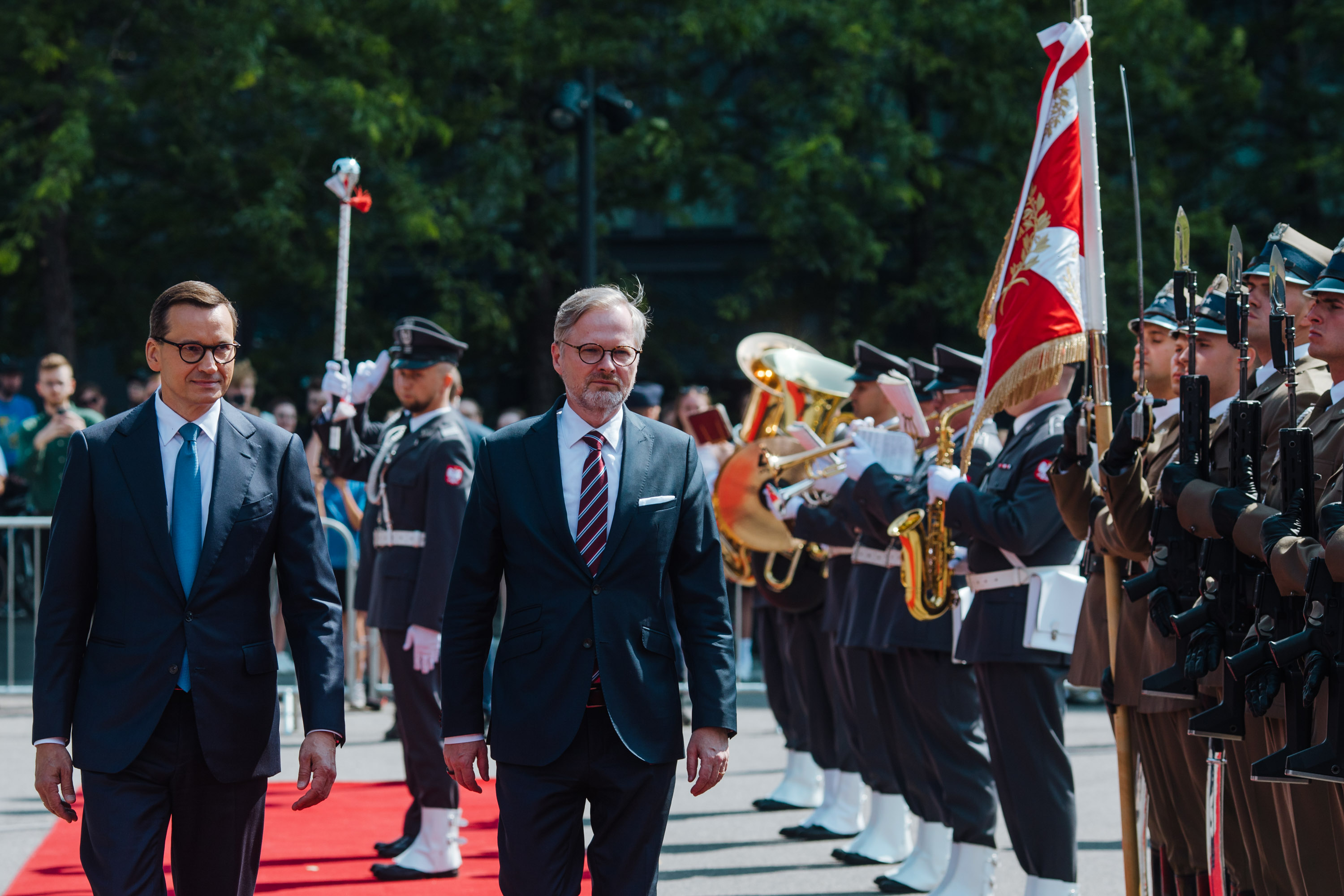 Display photo 2 in the gallery.
Display photo 2 in the gallery.
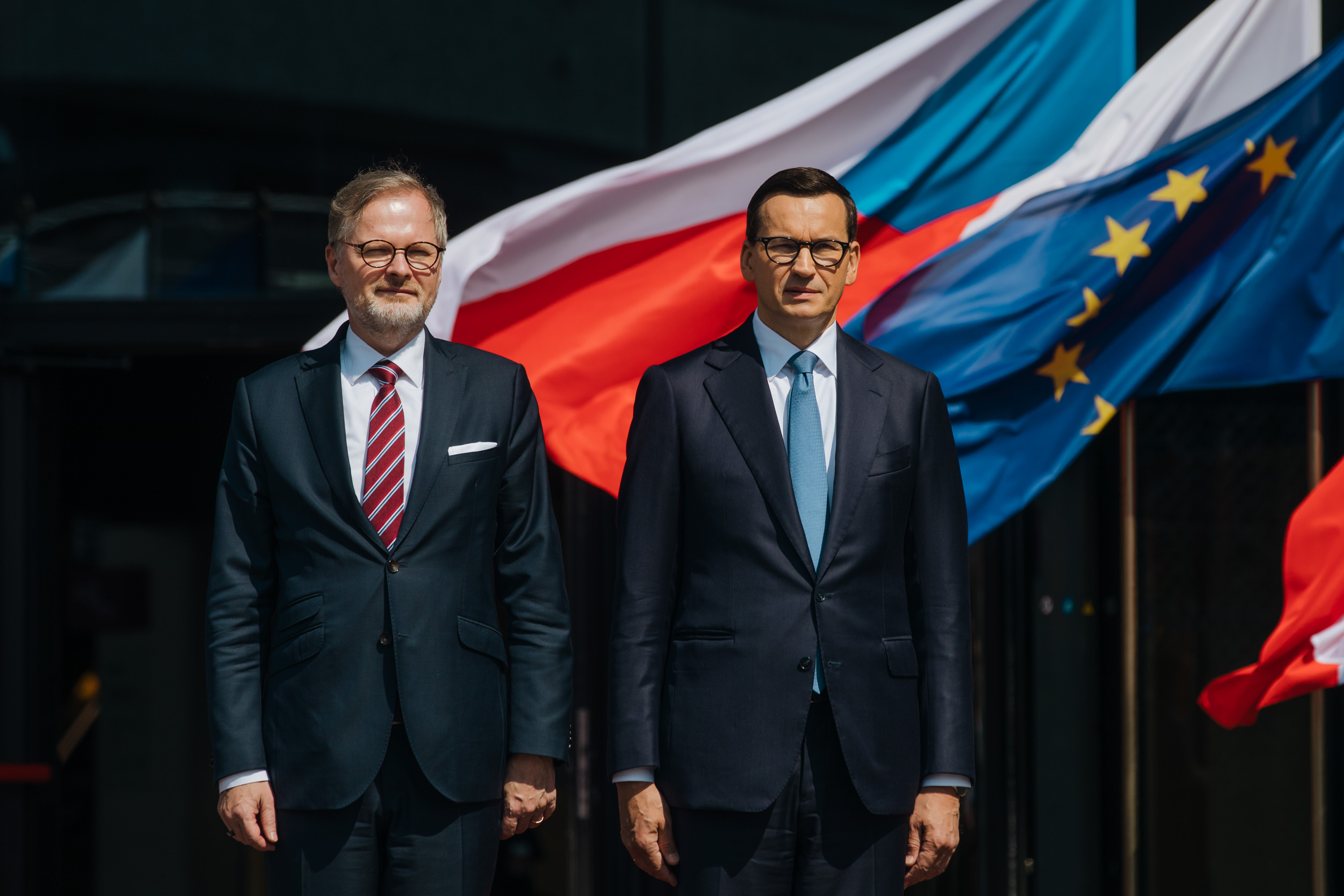 Display photo 3 in the gallery.
Display photo 3 in the gallery.
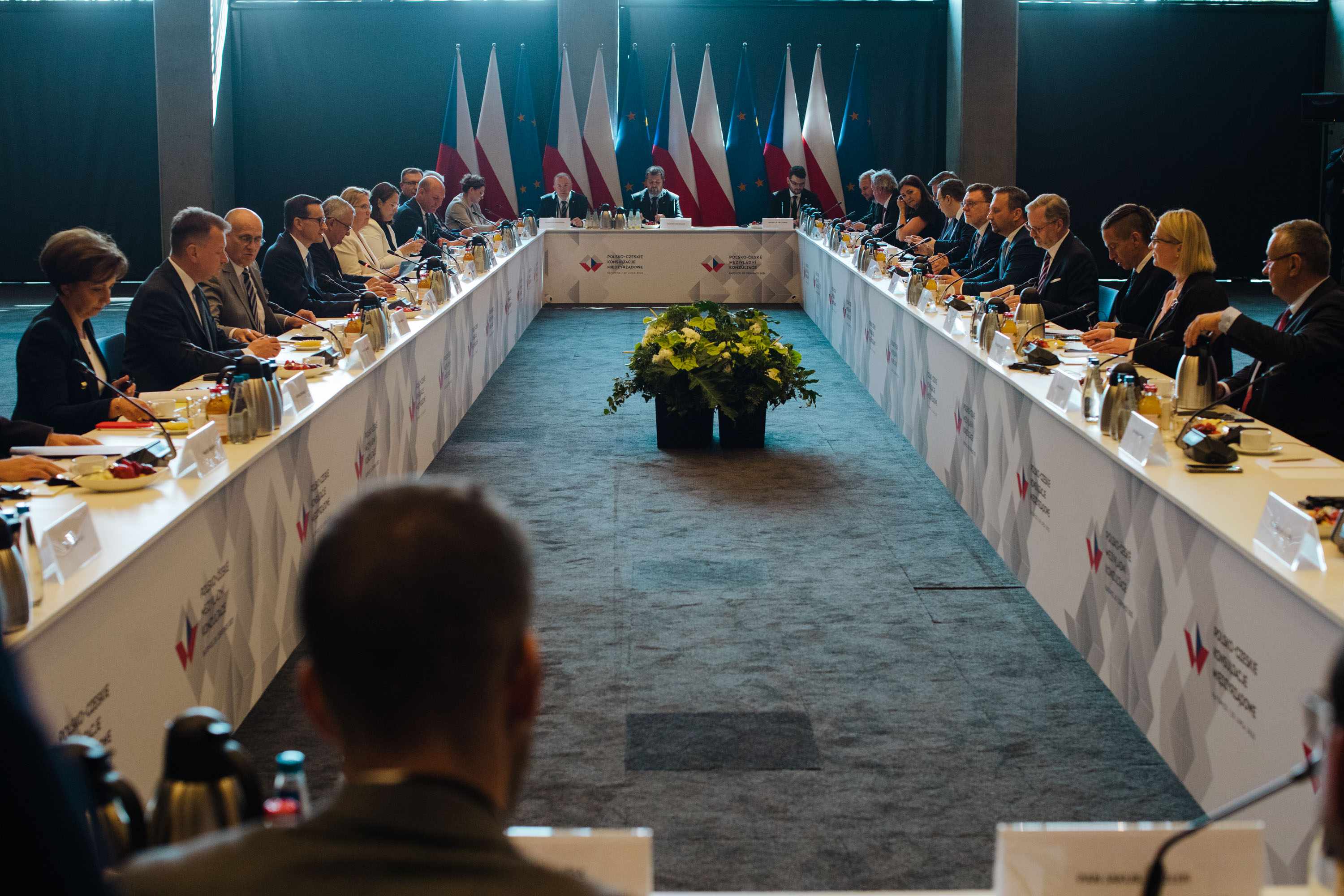 Display photo 4 in the gallery.
Display photo 4 in the gallery.
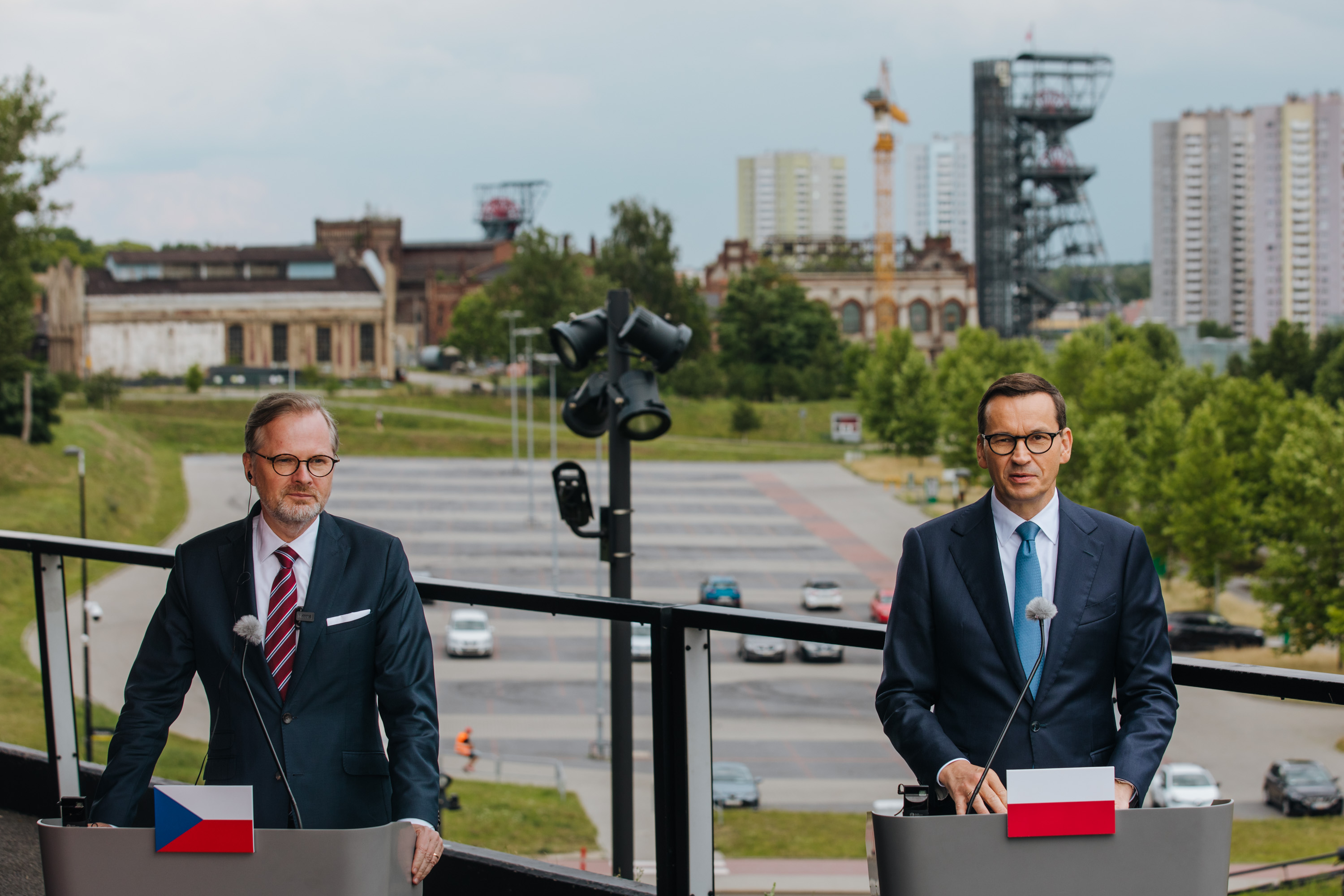 Display photo 5 in the gallery.
Display photo 5 in the gallery.
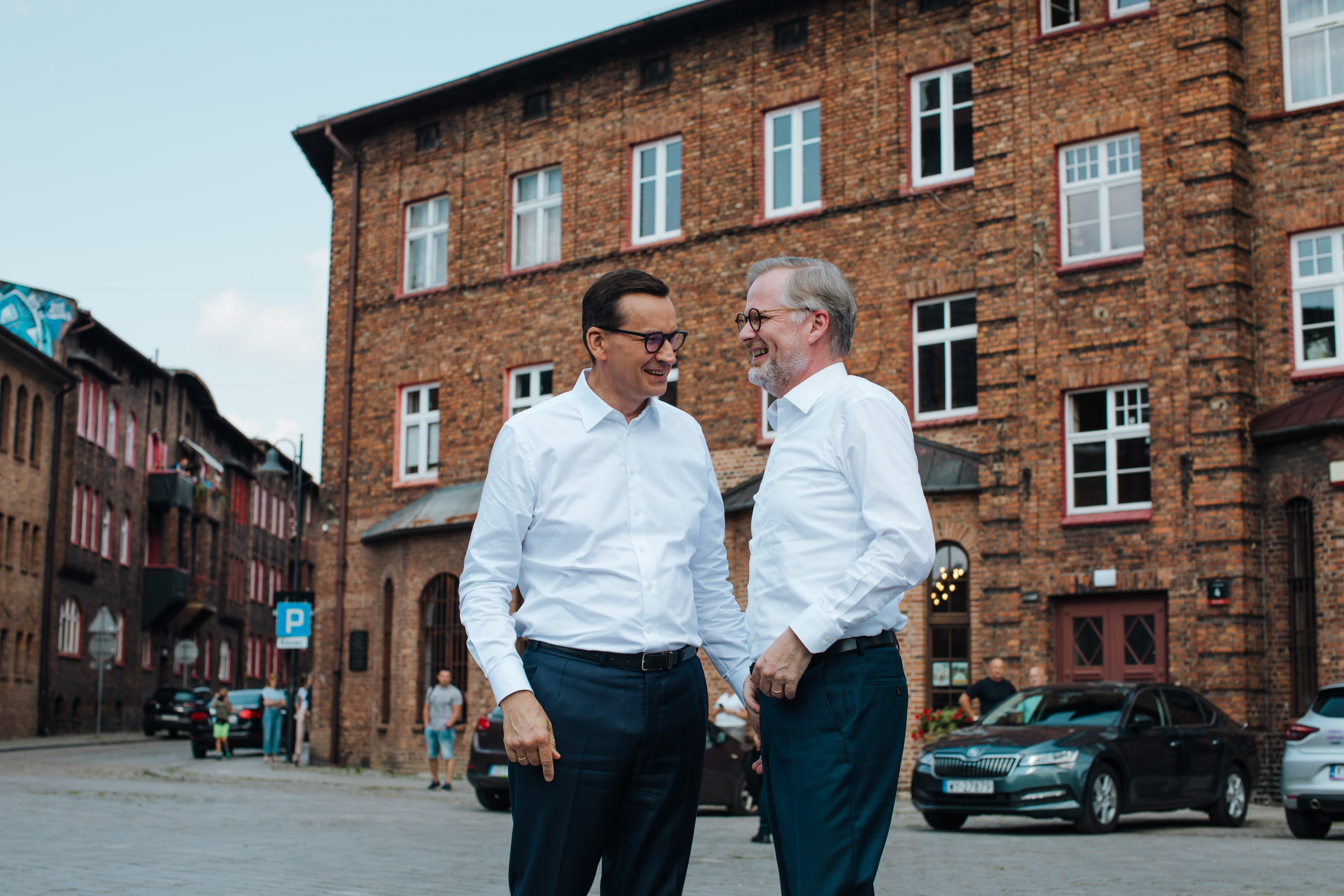 Display photo 6 in the gallery.
Display photo 6 in the gallery.
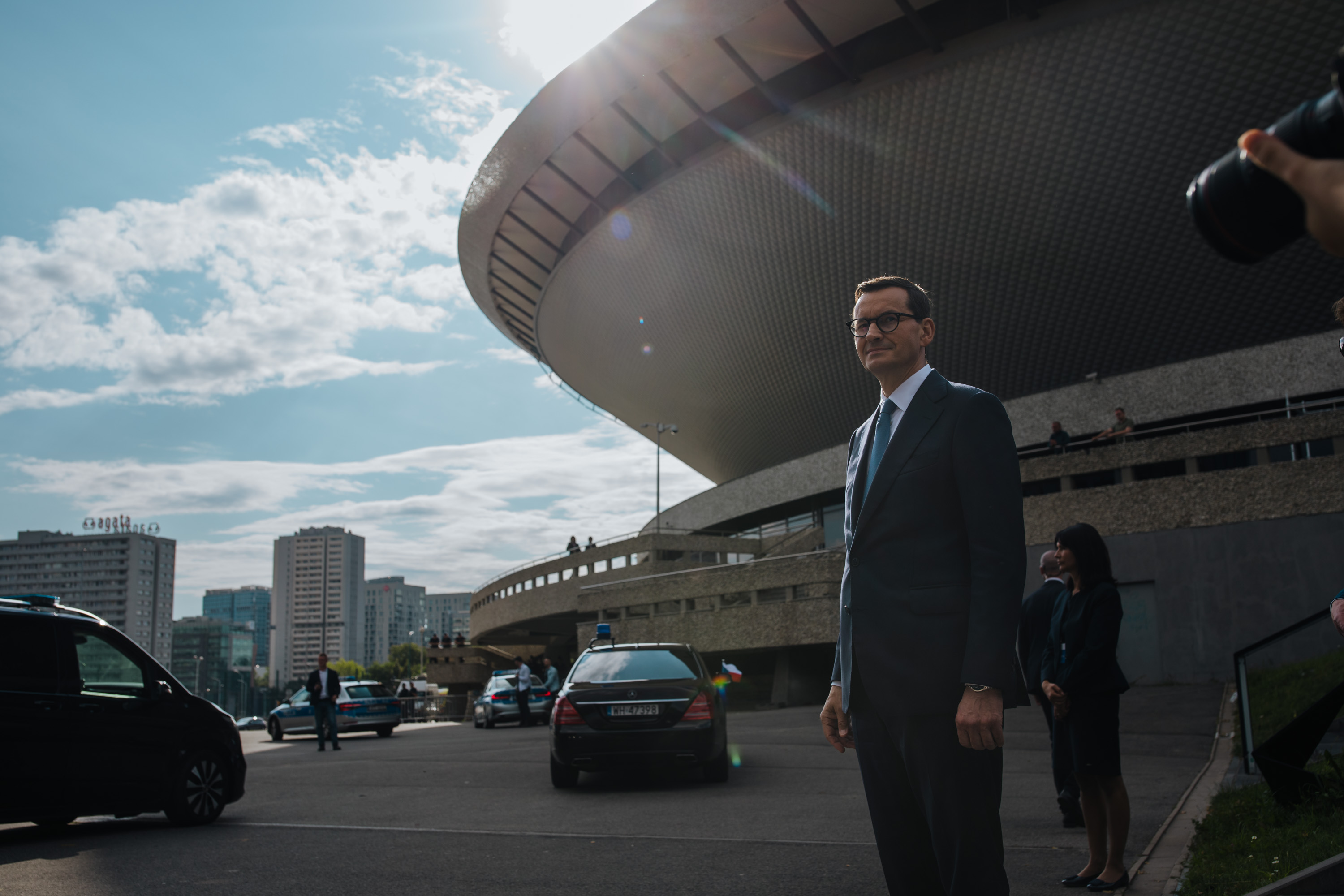 Display photo 7 in the gallery.
Display photo 7 in the gallery.
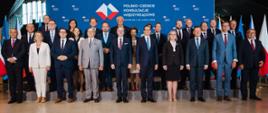 Display photo 8 in the gallery.
Display photo 8 in the gallery.
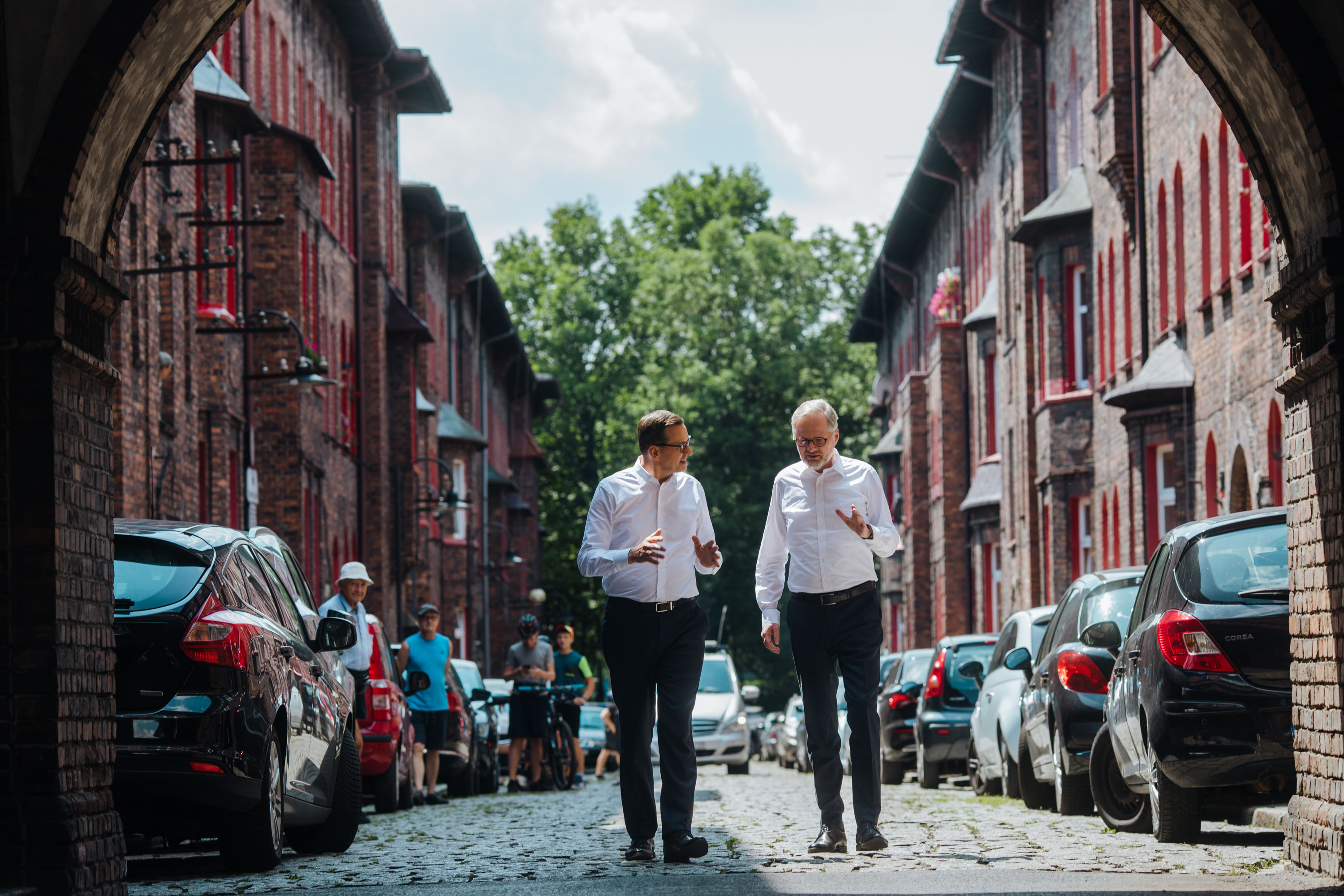 Display photo 9 in the gallery.
Display photo 9 in the gallery.
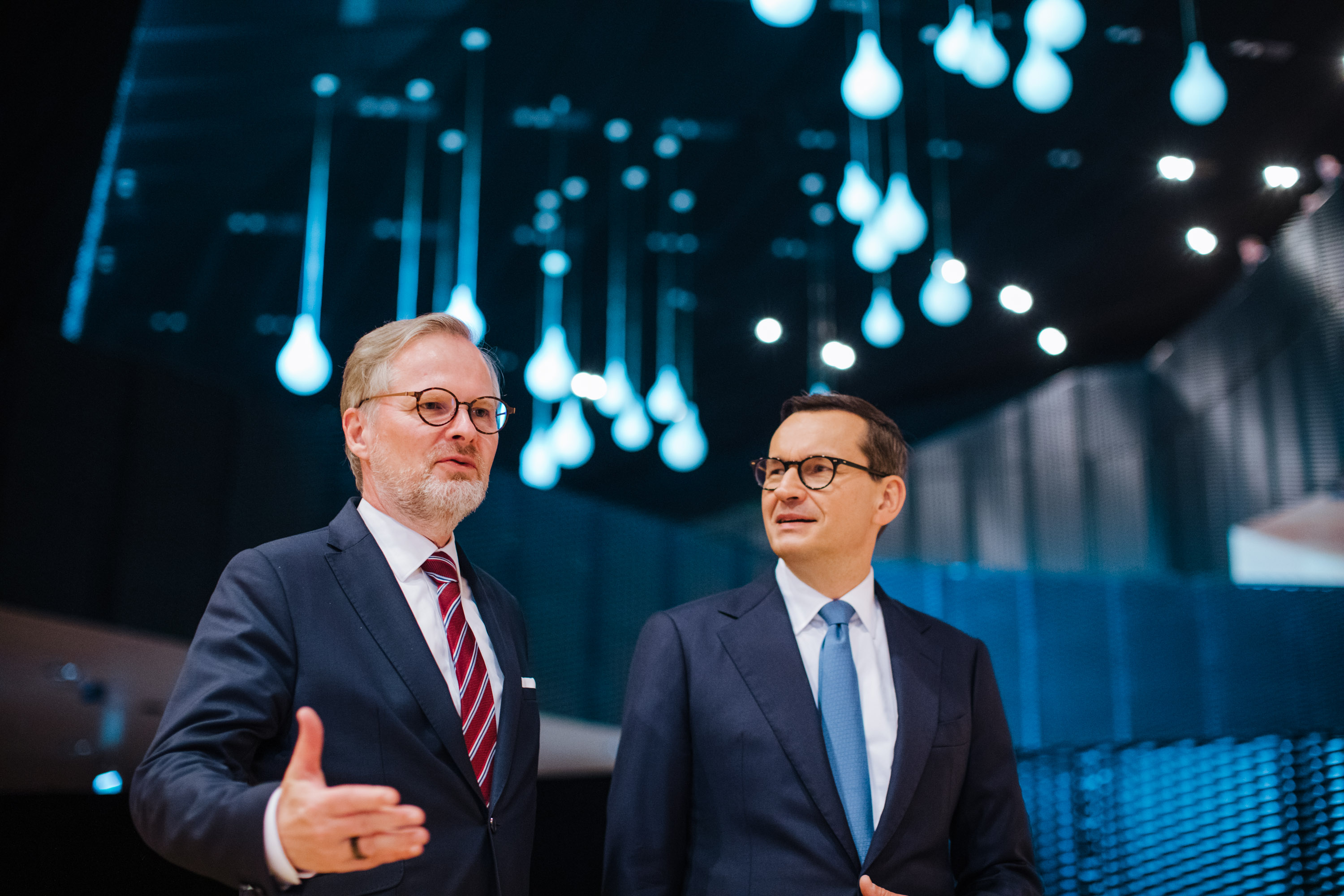 Display photo 10 in the gallery.
Display photo 10 in the gallery.
